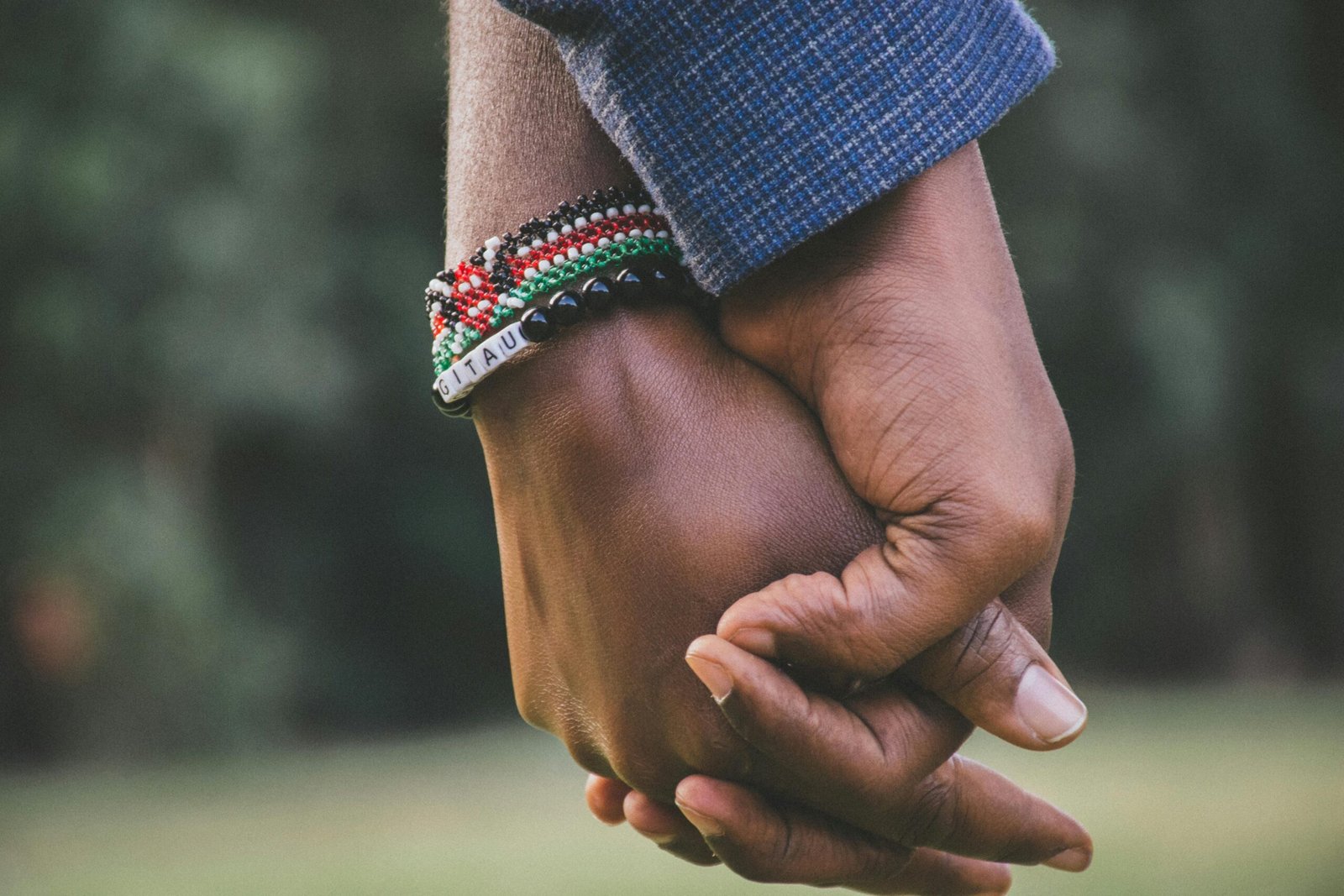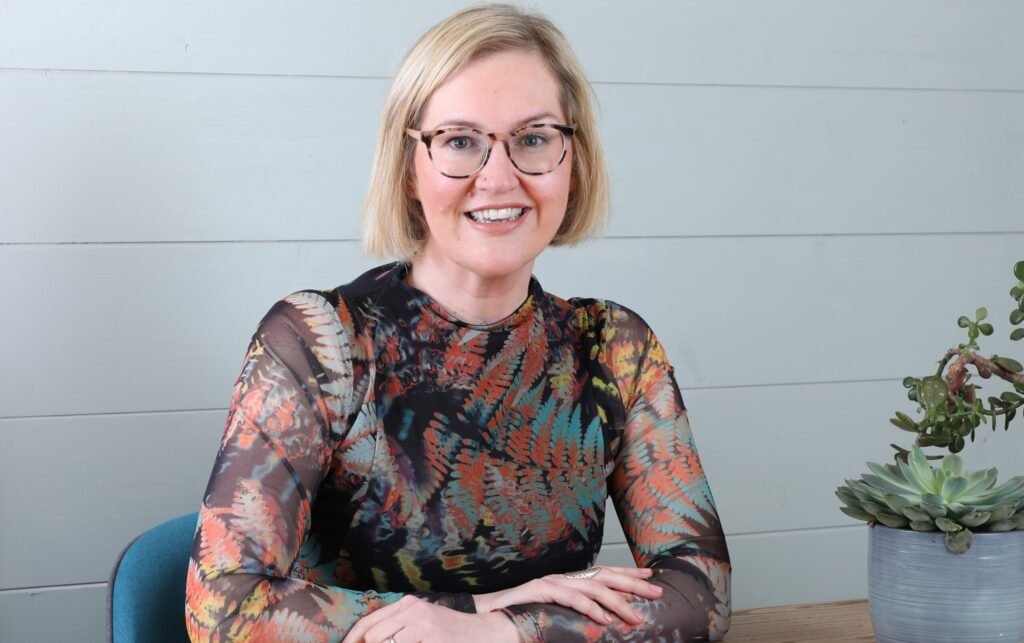It has long been known that health outcomes for black women are significantly worse that for their white counterparts, for both physical and mental health. Just look at the recent Covid 19 pandemic. It had a disproportionate impact on black people. There were higher rates of infection and mortality compared to other communities. This extends to fertility treatment for black people too.

Structural Racism
The reasons underlying health inequalities are complex and go back for generations. However, it remains that if you are part of the Black community you are more likely to be impacted by socio-economic deprivation, have poorer living conditions and exposure to prejudice across all major institutions including health, education and the justice system. This also extends to fertility treatment for black communities?
The HFEA have reported that black women’s birth rates following fertility treatment is lower than for white women: 23% vs 30%. Maternal mortality rates are very low in the UK. Less than 10 black women per year dying during childbirth. However, it cannot be ignored that this is 3.7 times higher in black communities compared to white.
This structural racism exacerbates the social and health inequalities experienced in our minority communities. I am aware that as a white, middle-class woman who is part of the health system, I do not experience this type of prejudice. However, I do have a part to play in tackling the inequalities I see, working to create equitable health services and not being a passive bystander.

Social Stigma & Fertility
Cultural expectations around family building and accessing fertility treatment are changing. However, many black women I speak to tell me that they feel accessing fertility treatment or seeking mental health support is seen as shameful in their community. The very fact that they need to access fertility treatment may heighten feelings of shame and failure. In addition, there is still stigma around experiencing mental health difficulties.
Social Stigma & Donor Gametes
Social stigma may be even greater when using donor eggs or sperm. From the conversations I have, there is still a degree of secrecy in some communities. People feel that their family and friends may not understand the use of donor gametes. There are often fears that a child could be rejected if information about donor conception was shared. The need for donor eggs or sperm may be seen as a failure or in some religious communities, against God’s will.
This is all compounded by the availability of egg and sperm donors from black and minority backgrounds. It can be very difficult to find a non-white donor who compliments your own background. I discussed this with British boxer, Nicola Adams and her partner, Ella Baig as part of the ITVX documentary: IVF and Me.

Black Maternal Mental Health
Black Maternal Health Week 2024 is 11th-17th April aims to highlight the disproportionate challenges facing black women as they navigate their fertility journey and parenthood. Check out their campaign and resources here. People from Black communities access mental health services less than their white peers and if they do, they are less likely to be treated. Combine this with rates of post-natal depression which are 13% higher in Black women than any other group and we have a perfect storm. The pressure of social expectation, reduced access to services and support and structural racism. We have to do better.
Fertility services need to be aware of the current social context and barriers to Black communities accessing fertility services as well as historical trauma and the impact that this may be having. Historical injustices such as slavery, forced sterilisations, and medical experimentation on Black bodies contribute to intergenerational trauma and can impact maternal mental health outcomes.
Addressing maternal mental health challenges for Black women requires a comprehensive approach that addresses:
Inequalities in healthcare
Increased access to culturally competent mental health services
Provides support and resources during pregnancy and the postpartum period
The stigma surrounding mental health within Black communities

For Fertility Clinics
If you work in fertility services, how are you ensuring that Black people in your clinic are understood and supported?
How do you ensure that everyone has equitable access to emotional support?
Are you ensuring that clients are aware of confidentiality and taking a nonjudgemental approach?
Are you clearly asking people about cultural barriers to accessing treatment and what difficulties this brings up?
Are your staff culturally aware and trauma informed?
Is there diversity among your staff and leaders?
Next Steps
We need to be having open conversations to ensure we are meeting our clients needs. We need to be conscious of the inequalities that are inherent in our health and fertility services and take active steps to address them.
The political and societal changes required go well beyond fertility clinics. But, we have our part to play to ensure that we are not contributing to a prejudiced system. Locally, each clinic must ensure they are aware of any gaps in their service provision and staff training. Ensuring our research and audit practices are inclusive and advocating for the needs of everyone in our communities.
It is essential that healthcare providers, policymakers, and communities work together to address health inequities for Black women in fertility services. We must ensure that all women have access to the care and support they need throughout their fertility and parenthood journey.









